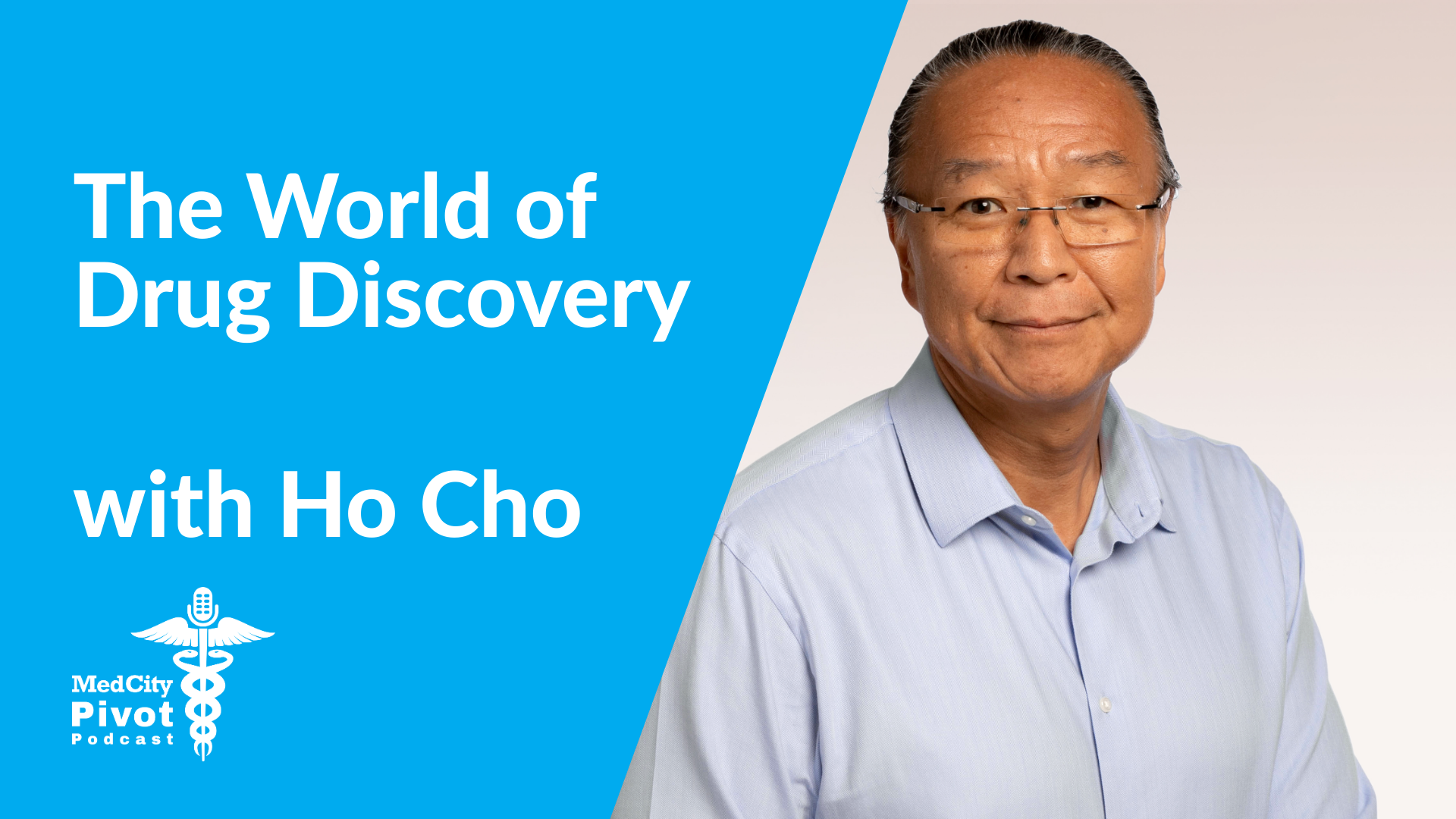
Failures are common in the world of drug discovery, where only a small percentage of early-stage molecules end up advancing into commercialized treatments. Contending with failure such that it becomes a fountainhead of wisdom and not a source of demoralization is the far better approach, should one envision a career in the field.
That’s the perspective of Ho Sung Cho, senior vice president of Discovery Biotherapeutics at Bristol Myers Squibb. Cho leads the company’s San Diego R&D site, in the heart of the Southern California life sciences and technology ecosystem. In a podcast episode, sponsored by Bristol Myers Squibb, Cho told MedCity’s editor-in-chief, Arundhati Parmar, that looking for lessons in failure is the method he employed after experiencing a particularly stinging defeat.
While losses are hard to stomach, experiencing failure inevitably helps one appreciate successes even more. One such success on the business side came recently for Cho and Bristol Myers Squibb. In February, Bristol Myers Squibb announced a licensing agreement with Rockefeller University by which it would develop and, if the clinical development is successful, commercialize the research from the institution to create a new monoclonal antibody treatment of the SARS-CoV-2 virus that causes COVID-19. The speed by which this collaboration is proceeding is remarkable, especially given that Cho and his team worked with the Rockefeller University team entirely over Zoom.
Listen to the podcast below to learn about how Bristol Myers Squibb is leading efforts to bring novel therapies to patients, how its research in fields like protein degradation are leading to advances in treatments for diseases like multiple myeloma and how the world of archery and drug discovery are analogous.












